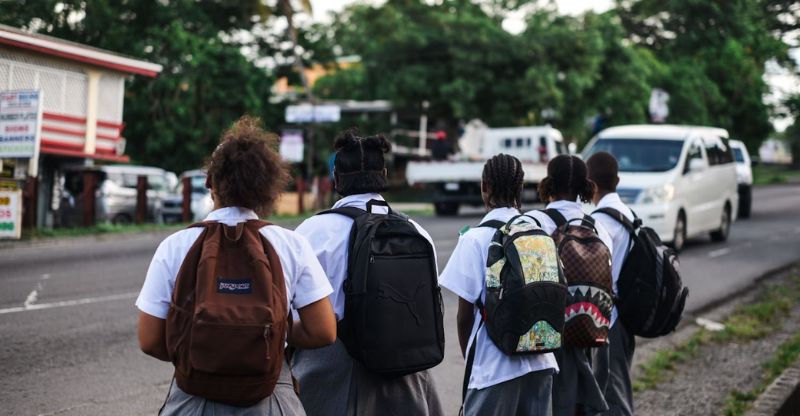Across the Caribbean, governments frequently discuss the potential of the orange, green, blue, and purple economies, each promising transformative advancements in areas like sustainable energy and digital innovation. However, these ambitious visions are built on a precarious foundation. Without a robust education system capable of equipping citizens with the skills to navigate a rapidly evolving world, no strategy can achieve lasting success. Education has long been viewed as a reflection of cultural identity, but this nostalgic and prescriptive approach risks trapping curricula in outdated paradigms rather than preparing individuals for future challenges. Instead, education must serve as a shared baseline of orientation, empowering people to interpret, choose, and act in the face of global complexity. The metaphor of driving schools illustrates the dangers of fragmented education: if rules are contradictory, chaos ensues. In a world shaped by globalization, technological disruption, and climate change, citizens need common points of reference to foster collective decision-making. This is not about control but empowerment—a curriculum rooted in abundance and creativity can provide young people with the tools to act with awareness in their communities, economies, and democracies. While informal education through music, family, and community has historically filled gaps left by formal systems, these gaps are now too vast to ignore. A deliberate rethinking of education is urgently needed. This includes integrating indigenous heritage, migration stories, and global forces into history lessons, teaching geography and culture as interconnected, and using language that shapes how children see themselves in the world. UNESCO emphasizes the need to reimagine curricula to value diverse knowledge systems and cultivate critical thinking, creativity, and cooperation. Economically, the Revised Treaty of Chaguaramas commits CARICOM states to the free movement of skilled professionals, but this vision falters without comparable qualifications and regional awareness. Without shared grounding, initiatives like the CSME risk stagnation, leaving citizens unprepared to navigate cross-border rights and opportunities. The cost of inaction is high: migration pressures will rise, inequality will deepen, and democratic trust will erode if education fails to prepare young people for local opportunities and contemporary debates. Reform demands political courage, public consultation, and long-term investment, but the rewards are significant. An education system that serves as a baseline rather than a mirror can anchor the Caribbean in global change, empowering citizens to interpret and shape the world together. While culture, music, and family will continue to inspire, the state must no longer rely on informal channels to carry the weight of national orientation. Sovereignty over knowledge is essential, and education must equip citizens with the clarity and context to choose wisely. In a fragmented world, this shared baseline could be the Caribbean’s greatest strength.
EDITORIAL: Education must be our shared baseline, not a mirror of the past
